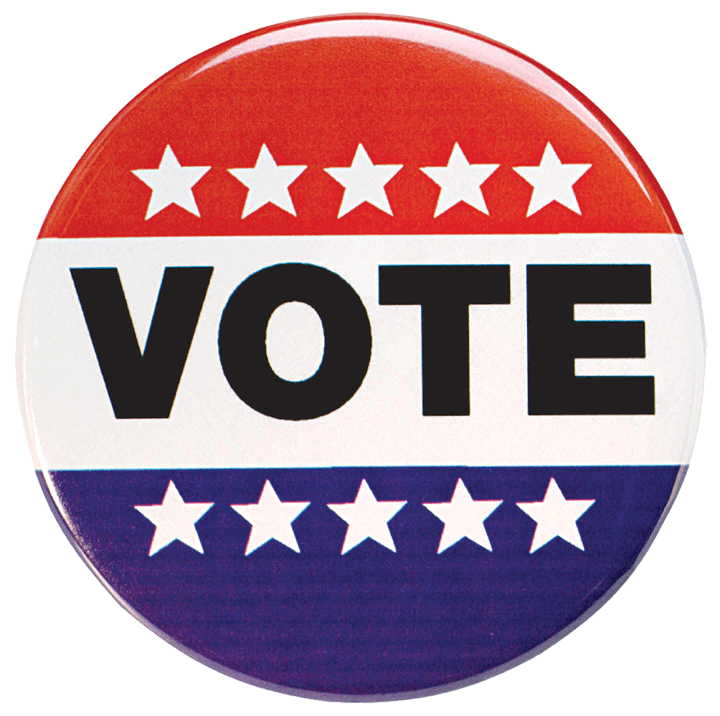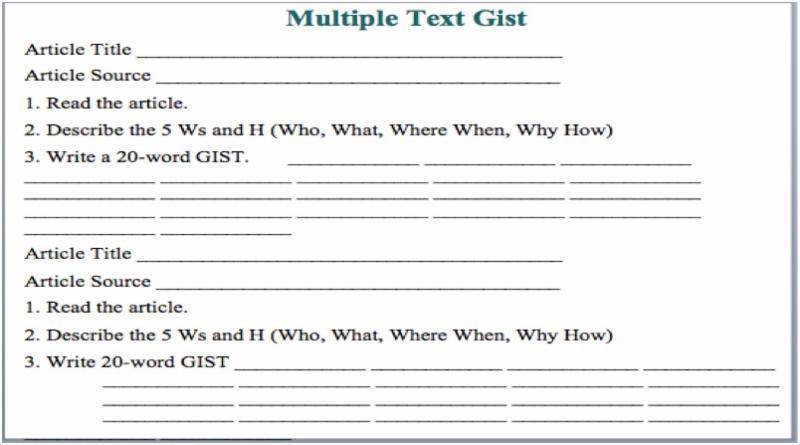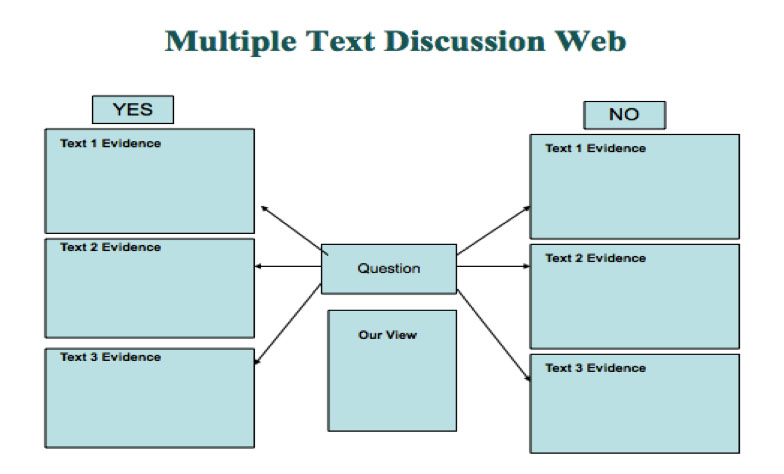|
|
Welcome to
iCommunicate, IRC's monthly e-newsletter! Here you will learn, share, and enjoy information on timely topics and cutting edge projects. We'd love to hear your thoughts. Please contact us with your comments, suggestions, and ideas at
[email protected].
|
 2015 IRC Conference
2015 IRC Conference
By the Illi
nois Reading Council
The
August 15th Early Registration Deadline is quickly approaching for the 2015 IRC Conference that is planned for October 1 - 3, 2015 in Peoria. The Illinois Reading Council invites you to register today and learn from a number of diverse featured speakers who will help teachers, specialists, and administrators from every grade level and content area. Speakers include:
Take a moment to peruse the online Preliminary Program at
www.illinoisreadingcouncil.org.
|
|
Illinois Reading Council Election
By the Illinois Reading Council

The Illinois Reading Council Election Ballot will open on Saturday, August 1, 2015. IRC Members will receive an email with a direct link to the online ballot provided by Balloteer, Inc. The email will contain a Voter ID Number and Password. This will be your opportunity to vote for the Vice President of IRC, to become President-Elect in 2017-2018, and President in 2018-2019, and the Secretary of IRC, who will serve until July 2018. The election will run from August 1, 2015 until September 1, 2015. The voting site will close at 12:00 p.m. CST on September 1, 2015.
|
New Columnist for the IRC Communicator

By the Illinois Reading Council
The Illinois Reading Council is seeking a new columnist with a strong and consistent voice, who can write on timely topics of interest to IRC members.
To apply, send two complete articles (750-1250 words) and ideas for at least two more by September 1st to
Marjorie Henseler, the IRC Communicator Editor.
|
|
Writing in Illinois Matters: Putting It All Together
By Roberta Sejnost, ILA State Coordinator
As presented in the previous
iCommunicate articles, Standards 1-3 describe the 3 types of writing required in the New Illinois Learning Standards
. This issue focuses on Standards #4-10, to show how all the standards work together to produce effective writing. Students could consider whether zoos are good or bad for animals, for example, and then create a brochure to provide information to support their side of the debated question. The process of answering this question utilizing the New Illinois Learning Standards might look something like this, taken from the Writing Matters website at
www.ilwritingmatters.org.

- After researching and reading several articles on the topic, students decide which side of the debate they support, thus making a claim and meeting Standard #1.
- Students work to organize their writing to be clear, coherent, thus meeting Standard #4.
- As students revise, edit and strengthen their writing they meet Standard #5.
- Next, if students use technology to publish their writing, they have met Standard #6.
- Students meet standard #7 as they conduct their research by accessing several sources.
- And, as students recall information from their several sources they meet Standard #8.
- Standard #9 is achieved when students draw supporting evidence from the texts.
- Finally Standard #10 is met because students write to a specific task, purpose, audience.
To create an effective research paper, students should follow this format:
- Develop ideas
- Use evidence from the texts read
- Use evidence from more than one source
- Successfully weave sources together so they show interaction
- Write an organized paper that includes an introduction, body and conclusion
- Use Clear Language
- Use vocabulary appropriate to research, statistics
- Describe research sources clearly
- Avoid ambiguous, difficult to comprehend wording
- Use correct language and conventions
-
Avoid errors in grammar, mechanics, usage
-
Edit the work
-
Strive to create writing that flows/reads smoothly, effortlessly
The following graphic organizers can be used to record research evidence in a logical format.
 
 Resources Graphic Organizers: Shanahan, Timothy, and Cynthia Shanahan. Teaching Disciplinary Literacy to Adolescents: Rethinking Content-Area Literacy. Harvard Educational Review 78(1) (2008). Writing Matters: Illinois State Board of Education. "Illinois Writing Matters." www.ilwritingmatters.org. 2014. |
|
Literacy Links
By the IRC Educational Media Committee
Take a moment to review some of the Literacy Links provided by the IRC Educational Media Committee to help Illinois educators in today's classrooms. These links and past links will be available on the IRC Website under "Literacy Links" on the homepage.
Assessment
Quizizz
This online questioning tool can be used with any device with a web browser. There are quizzes already made or you can create your own.
Comprehensive Resources
OpenEd
This online resource has an assessment that is available both online and to print. It can also be graded automatically. These assessments provide feedback in a detailed mastery chart, which is linked to individual lesson plans, videos and resources for students that are aligned to the learning standards.
Interactive Resources
News In Levels
This online resource has news articles available in three reading levels. There are also online learning games and opportunities to chat and Skype with others.
Reading Passages
Storybird
This online tool lets anyone make visual stories in seconds. Artwork from illustrators and animators around the world inspire writers of any age to turn these images into fresh stories. These stories are then posted online for others to read and make comments in a safe environment.
Videos
Vidionary
This online resource is a video dictionary. It is a collection of short videos devoted to defining words by showing various example scenes illustrating a word's meaning and presenting the text of the word itself in a visually meaningful way.
Web 2.0 Tools
Trading Card Creator
This online tool allows students to create trading cards for story elements, using different templates that are available, incorporating all of the analysis necessary to make an authentic trading card.
|
|
| |
|